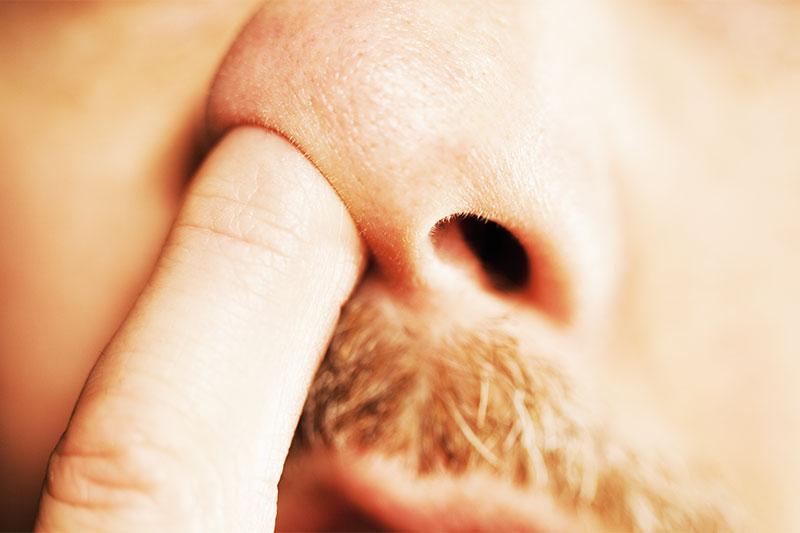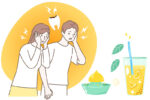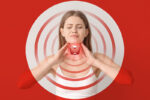
Some experts say eating boogers can strengthen your immune system since you’re constantly micro-dosing yourself with bacteria and viruses, often without getting sick. This sounds encouraging, but there’s more to the story.
Boogers are packed with dirt, dust and harmful bacteria, so picking your nose and touching other things or people can help spread infectious disease. You contaminate your environment without realizing it.
The bottom line, eating boogers is socially unacceptable, so we can’t say it’s a good thing, even if it might have minor benefits to your health, it’s also risky. Stopping a bad habit can be challenging, but you can accomplish anything if you put your heart into it! Here are five things about boogers you didn’t know.
You produce lots of mucus!
Did you know an average person produces 2 liters of mucus every day? That’s 8.5 cups of mucus. It’s equivalent to the amount of water you drink per day.
Most of the mucus is absorbed in our bodies and covers more than our noses; it goes back to our nasal cavity that leads to our throats. Only a small amount of mucus stays within our reach and dries out to become boogers.
And remember, if your nose is too runny, that means your body is trying to get rid of an uninvited guest, most probably harmful bacteria!
Lots of people pick their noses
Although not the easiest fact to check, some studies suggest that one out of every five people regularly picks their nose. We’re not sure if they eat their boogers; as you can surely imagine, there are not many volunteers participating in clinical studies.
The fact is, picking one’s nose is in our DNA; all monkeys do it, and so do we. There was a time when it was the only way of keeping our nostrils clean, back when we didn’t have paper tissues. Yet, interestingly, it’s one of few primal behaviors that society doesn’t approve of.
You can stop eating boogers easily.
Although getting rid of a nasty habit is incredibly hard, some psychologists suggest you should stick some tape on your nose-picking finger to remind you that you shouldn’t do it. This kind of reminder makes you conscious of what you’re doing; we often pick our noses without even realizing it.
You can also find new ways of keeping your mind busy, especially with activities in which you use your fingers actively, like playing video games. You won’t even have time to pick your nose during a heated match.
Boogers are mostly harmless.
This we mean literally. Buggers are 95% water, 3% mucin, and 2% salt, proteins and other stuff. As you see, boogers are mostly harmless. It’s that small percentage of bacteria that worries us; there can be millions of them in a single booger!
You might want to know what mucin is, right? They are heavily glycosylated proteins produced in all animals’ epithelial tissues, meaning noses, mouth and other cavities. The compound creates a protective hydrophobic membrane that keeps bacteria and viruses at bay as they bind with pathogens preventing them from entering our bloodstream.
The booger’s color matters.
Boogers come in all consistencies and colors, and they mean different things. Although many things can make boogers look the way they look, you can learn a thing or two about looking at them.
Yellow and green boogers suggest there’s an infection in your respiratory system, as there are more white blood cells trapped in the boogers, making them look those colors. More white blood cells mean there’s a battle going on in your body.
Red boogers are mixed with blood and can mean internal bleeding of some kind; they’re common when you experience nose bleeding. Black and brown boogers are dirty and tell you were exposed to dust clouds, air pollution or smoke.
Eating Boogers is no Biggie.
Picking your nose might be frowned upon and eating boogers might not be the healthiest of habits, but it’s not necessarily bad for your health. No one has ever died from one bad booger.
You might spread bacteria to others while picking your nose, though, so if you need to remove a particularly uncomfortable bugger, do it in the bathroom and wash your hands right after. We’ve all been there, so we won’t judge. If you want to get rid of your bad habit altogether, talk to an expert! Your doctor or psychiatrist might be able to help.



